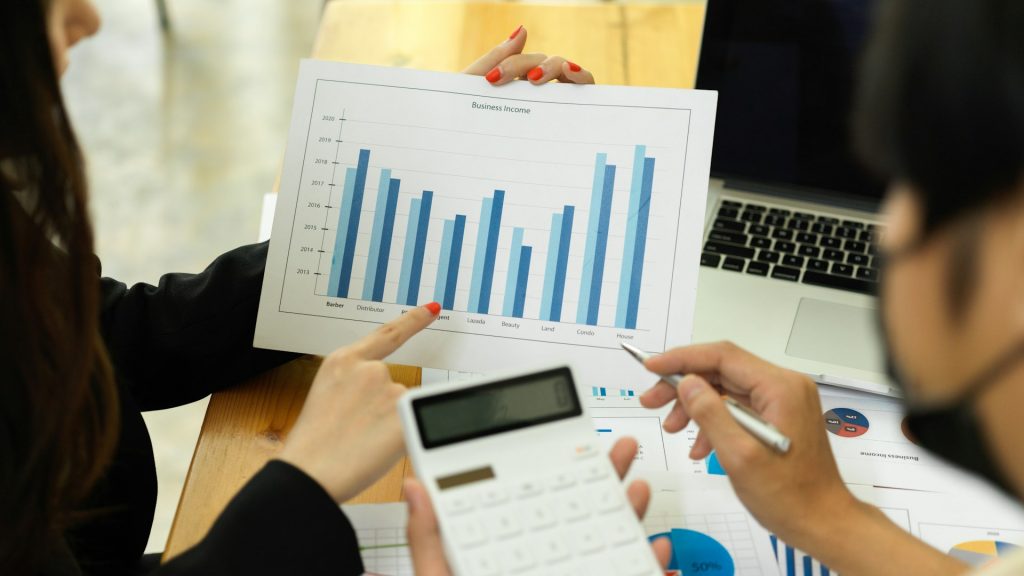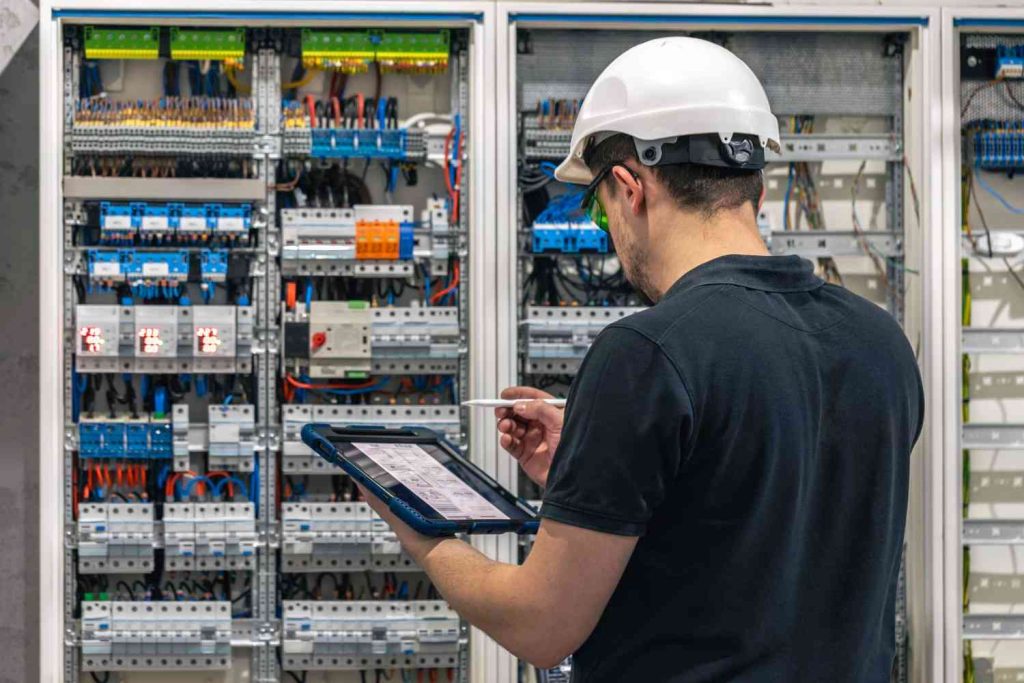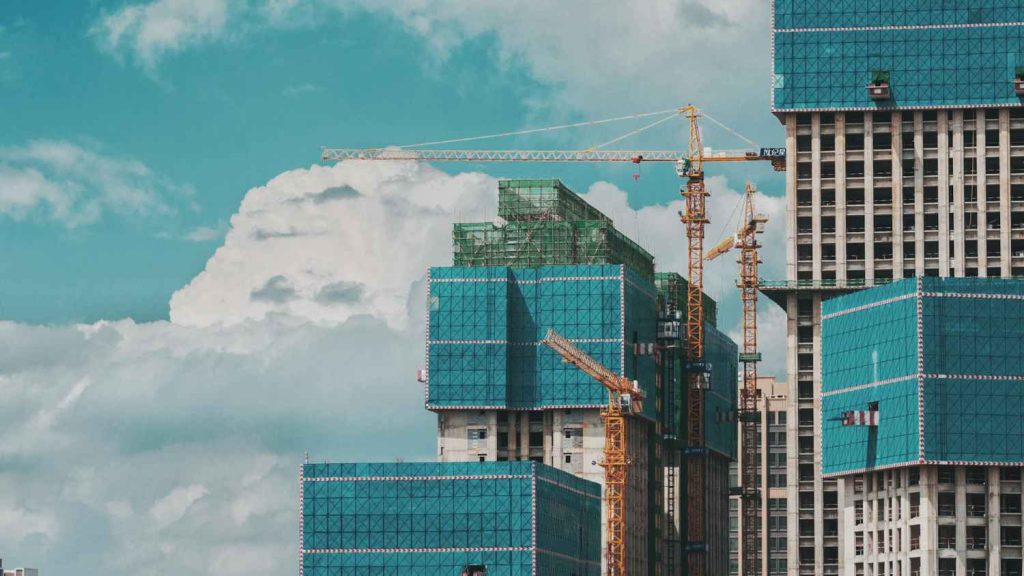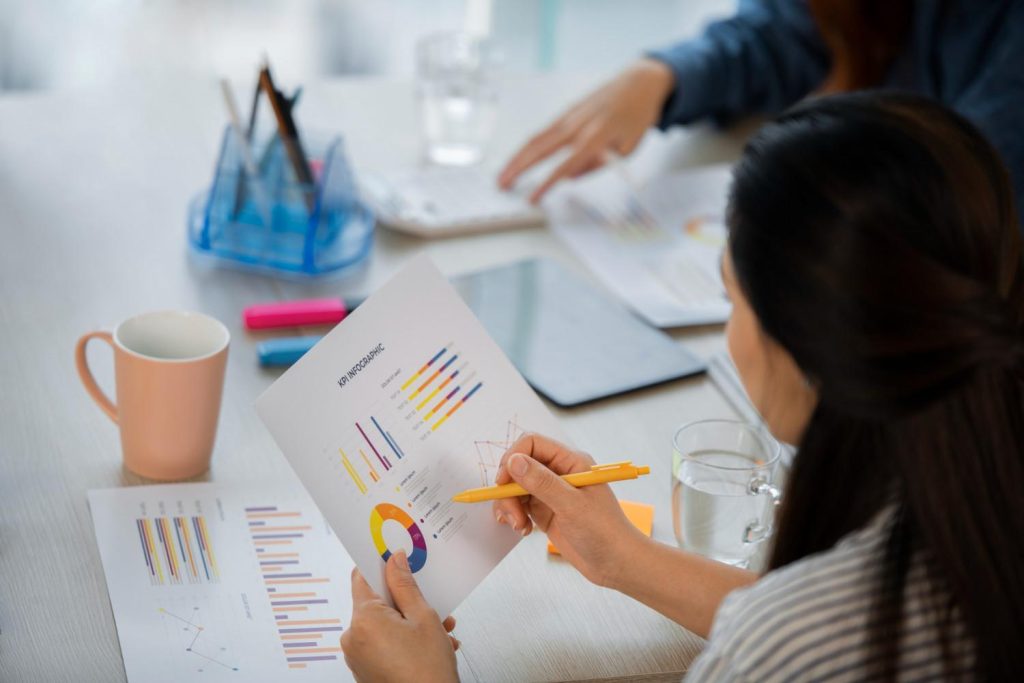Indonesia will arrive at a new era of environmental commercialization, particularly in carbon emission, when the carbon exchange opens soon. Carbon exchange is a mechanism for purchasing and selling carbon emissions between business actors who exceed the emission threshold and business actors who create oxygen or have remaining carbon quotas. It will be validated through National Registry System Climate Change Control (Indonesia: Sistem Registri Nasional Pengendalian Perubahan Iklim; SRN PPI) and traded through an electronic system which will be provided by the organizer. The said business actors can come from various sectors—for example, energy, industry, transportation, and even forestry.
Carbon exchange was first implemented by the European Union in 2005, almost twenty years ago; then followed by other countries such as Switzerland (2008), New Zealand (2008), Kazakhstan (2013), and several others. The implementation of putting price over carbon is of course, intended for the good, reducing greenhouse gas emissions. Holding a carbon exchange could be an excellent way as it could make business actors that produce a lot of carbon, such as power plants, by regulation, have to pay for the pollution they produce. In the long term, we are heading to the investment of more green technologies by business players.
Indonesia Might Gain Profit from International Carbon Trading
Aside from the environmental issue, this carbon exchange implementation in Indonesia is also aimed to gain much more money through participation in international carbon exchange. Of course, the economic benefits will be magnificent, considering that Indonesia has relatively large green areas. The economic profit is predicted to reach IDR 8,000 trillion. Such a huge number we have here.
Carbon trading is not a new thing for Indonesia, actually. In 2021, the government conducted carbon trading trials exclusively at 80 domestic PLTUs. The cap & trade & tax scheme was used in that trial, where an upper emission limit was set for steam power plants (Indonesia: Pembangkit Listrik Tenaga Uap; PLTU). Those who produce emissions exceeding the limit will be required to pay taxes or buy carbon quotas, equivalent to their exceeded emissions, from others that still have remaining quotas. This scheme is likely to be implemented on carbon exchanges in wider sectors in Indonesia this September.
In the carbon exchange implementation, the Financial Services Authority (Indonesia: Otoritas Jasa Keuangan; OJK), will be the supervisor to regulate, permit, and develop carbon trading. OJK gives a mandate to stock exchange organizer to carry out the carbon exchange considering its experience in conducting trading. This means the carbon will be exchanged in the same body as the stock exchange but through a different trading system.
In the Process of Establishing the Carbon Exchange
After releasing POJK No. 14 in August, OJK released SEOJK No. 12/SEOJK.04/2023 in September 2023 which regulates more technical carbon exchange establishment:
- Regulate the provisions regarding Carbon Units
- Carbon Trading Requirements
- Carbon Exchange Organizers’ organization board members, minimum capital, operation and control, job desk, annual work, and report
- Monitoring of Carbon Exchanges
- And sanctions for every violation
Only within a month, to follow up POJK No. 14 – 2023, OJK released SE (Surat Edaran/Circular Letter) OJK No. 12/SEOJK.04/2023 that rules the details of procedures for implementing carbon trading through the exchange. Currently, PT Bursa Efek Indonesia has submitted the permit proposal to OJK and the regulator is in the ongoing process to assess. We can expect that the carbon exchange will be opened soon.
However, opening the carbon exchange also depends on other institutions, such as ministries that set upper emission limits for business actors like the Ministry of Industry, the Ministry of Environment and Forestry etc. Limits set by each ministry relating to the sector may differ from one another. Hence, it requires a lot of effort to develop the system.
It is also necessary to measure, report, and verify the number of emissions released from various business activities carried out by business actors. It needs to be done meticulously to determine whether it exceeds the emission cap or not and to ensure transparency. These emissions will be in the form of carbon units, which are proof certificates of carbon ownership with one unit equal to 1 ton of carbon. Carbon units must be registered in the SRN PPI and the carbon exchange organizer. Only then it can be traded domestically and even internationally with several conditions regarding the units:
- They have been registered, validated, and verified by an institution that has obtained accreditation from the international registration system organizer
- They meet the requirements for trading abroad
- They meet other conditions determined by the OJK.
When the carbon exchange is fully implemented in Indonesia, the business actors are compulsory be bounded by several obligations. Firstly, they need to be transparent in reporting all their business activities so that carbon measurements are accurate. When emissions are released, they need to be mitigated by paying taxes or participating in carbon exchanges. Purchasing carbon quotas becomes inevitable in light of this carbon exchange.
The expectation over the carbon exchange to be operated soon is getting higher, as the sky in Greater Jakarta has been turning grey since the middle of this year due to pollutants from various business activities. Furthermore, several parties could not wait to finally invest their money in this environmental commercialization. So, when will we finally see carbon emissions on the market?

-

- Posted by admin

-

- Posted by admin

-

- Posted by admin

-

- Posted by admin

-

- Posted by admin

-

- Posted by admin

-

- Posted by Anisya Rahel Kristiana













